Parents play a vital role in Montessori education, serving as the foundation of a child’s learning journey both at school and at home. The Role of Parents in Montessori Education goes beyond simple involvement — it’s about creating a consistent environment where children feel supported to explore, learn, and grow. Understanding this role can help parents nurture independence, confidence, and curiosity in their children. Let’s find out with 4Life Education how parents can effectively support Montessori learning and help children reach their full potential.
Understanding the Montessori philosophy
Before exploring the parents’ role, it’s important to understand the essence of Montessori education. Developed by Dr. Maria Montessori, this educational approach focuses on fostering a child’s natural curiosity and independence. Montessori classrooms are designed to allow children to explore at their own pace, engage in hands-on activities, and develop practical life skills. The teacher acts as a guide rather than a lecturer, giving children the freedom to make choices and learn through experience. Parents who understand this philosophy can better align their home environment and parenting style with the principles of Montessori learning.
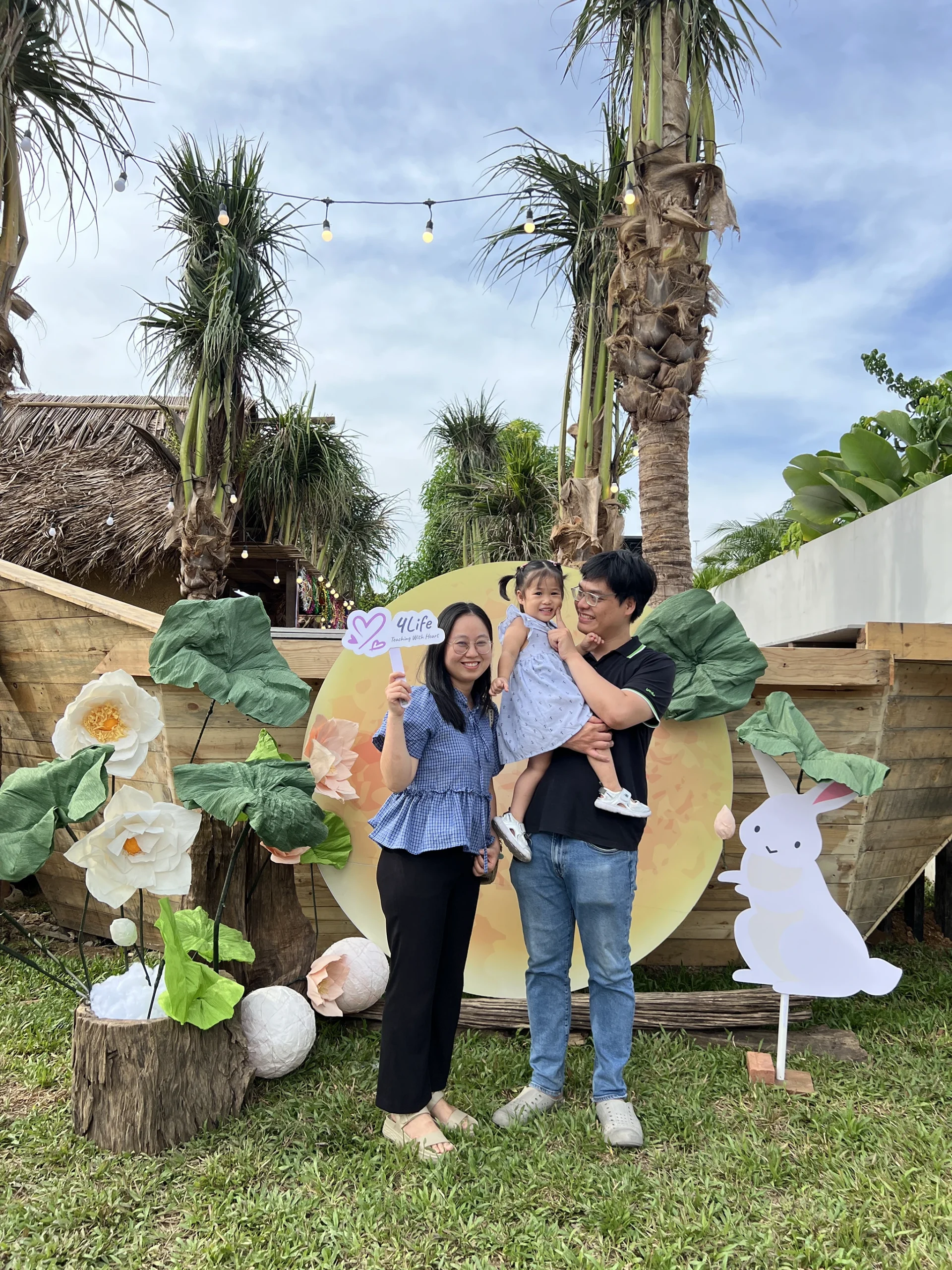
The Role of Parents in Montessori Education
Building consistency between home and school
Consistency between home and school is essential for a child’s growth in Montessori education. Children thrive when they experience the same principles in both environments — respect for independence, opportunities to make choices, and encouragement to take responsibility for their actions. At home, parents can provide simple tasks such as letting the child set the table, water the plants, or dress themselves. These small actions reinforce what the child learns in school and promote a sense of capability and pride. By maintaining a similar approach, parents help children understand that learning and independence are not confined to the classroom but are part of everyday life.
Encouraging independence in daily routines
One of the core goals of Montessori education is to cultivate independence. Parents play a key role in this process by giving their child space to try, make mistakes, and learn from them. This means allowing extra time for the child to put on their shoes, pour their own drink, or tidy their toys — even if it takes longer. Independence builds confidence, patience, and problem-solving skills. Parents can further support this by arranging the home environment so that everyday items are within the child’s reach, such as placing snacks or utensils on low shelves. When children are empowered to do things on their own, they develop a sense of responsibility and self-esteem that will benefit them throughout life.
Creating a supportive home environment
A Montessori-friendly home environment is calm, organized, and encourages exploration. Parents can create this by minimizing clutter and ensuring that each object has a purpose and a place. Children should be able to access what they need without constantly relying on adults. For example, child-sized furniture, open shelves, and clearly labeled containers help children navigate their environment independently. Additionally, parents should provide open-ended materials that stimulate creativity and curiosity — such as blocks, puzzles, art supplies, and nature items. A peaceful and prepared environment nurtures focus and encourages the child to take ownership of their surroundings.
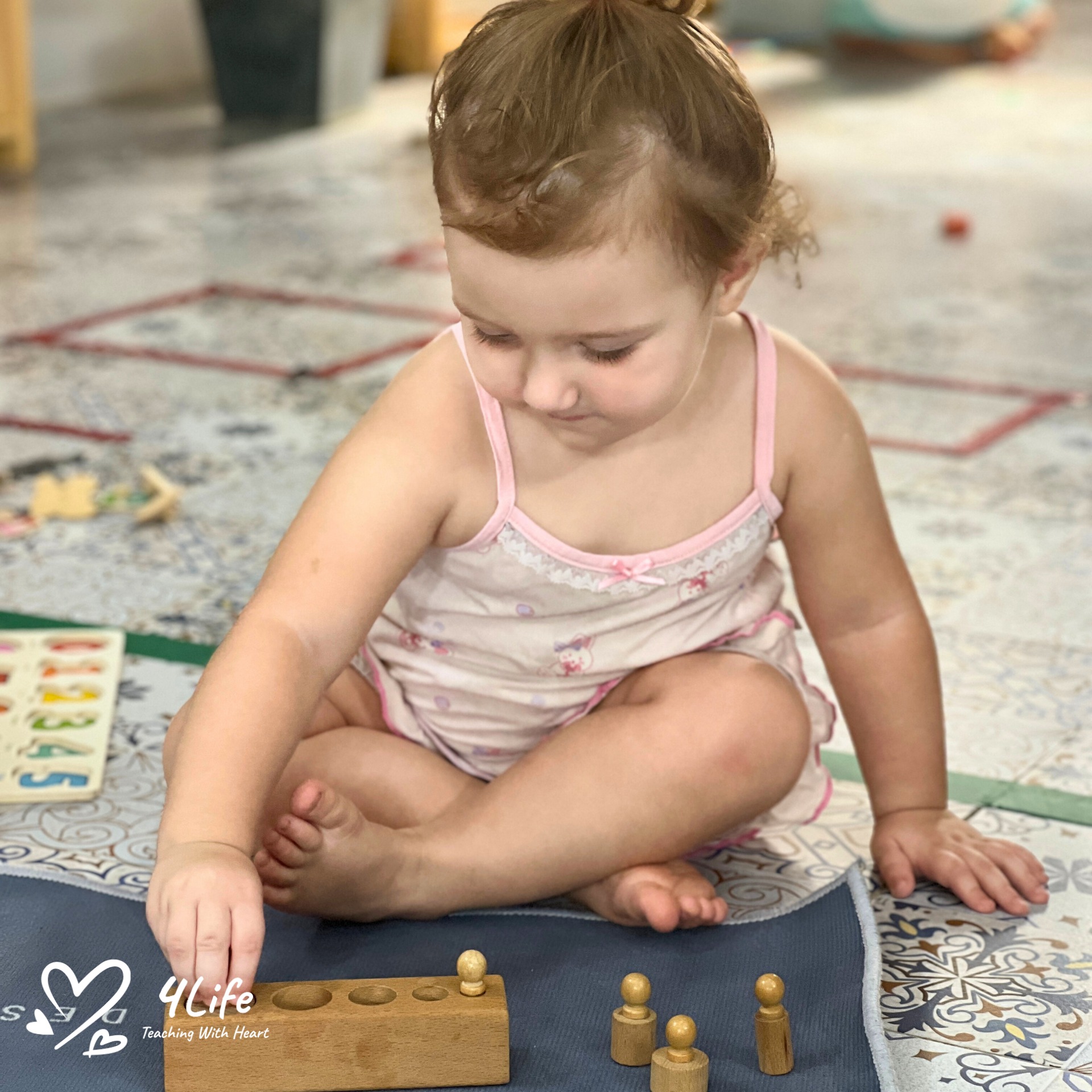
Creating a supportive home environment
Practicing observation and patience
Observation is one of the most powerful tools parents can use in Montessori education. Instead of immediately stepping in to help or correct, parents can take a step back and watch how their child approaches a task. This helps parents understand what their child is capable of and when they truly need assistance. Patience is equally important. Children learn best when they are given time to explore, repeat, and master a skill at their own pace. By observing without judgment and intervening only when necessary, parents communicate trust and respect, allowing children to build confidence in their abilities.
Supporting emotional development
Montessori education emphasizes not only academic growth but also emotional intelligence. Parents can nurture this aspect by modeling empathy, respect, and self-regulation. When a child feels frustrated, rather than offering immediate solutions, parents can acknowledge the emotion — “I see you’re upset because the puzzle is hard” — and guide them to find a way forward. This approach teaches children to understand and manage their feelings, as well as to respect others’ emotions. Through calm and compassionate guidance, parents help their child develop emotional resilience, which is a cornerstone of lifelong learning and healthy relationships.
Communicating effectively with teachers
Strong communication between parents and Montessori teachers is crucial for a child’s success. Teachers observe the child’s development closely and can provide valuable insights into their progress, interests, and challenges. Parents, in turn, can share observations from home that help teachers understand the child’s behavior and needs more deeply. This exchange of information ensures that both sides work together to support the child holistically. Regular communication also allows parents to learn more about Montessori methods and apply them consistently at home, creating a seamless learning experience for the child.
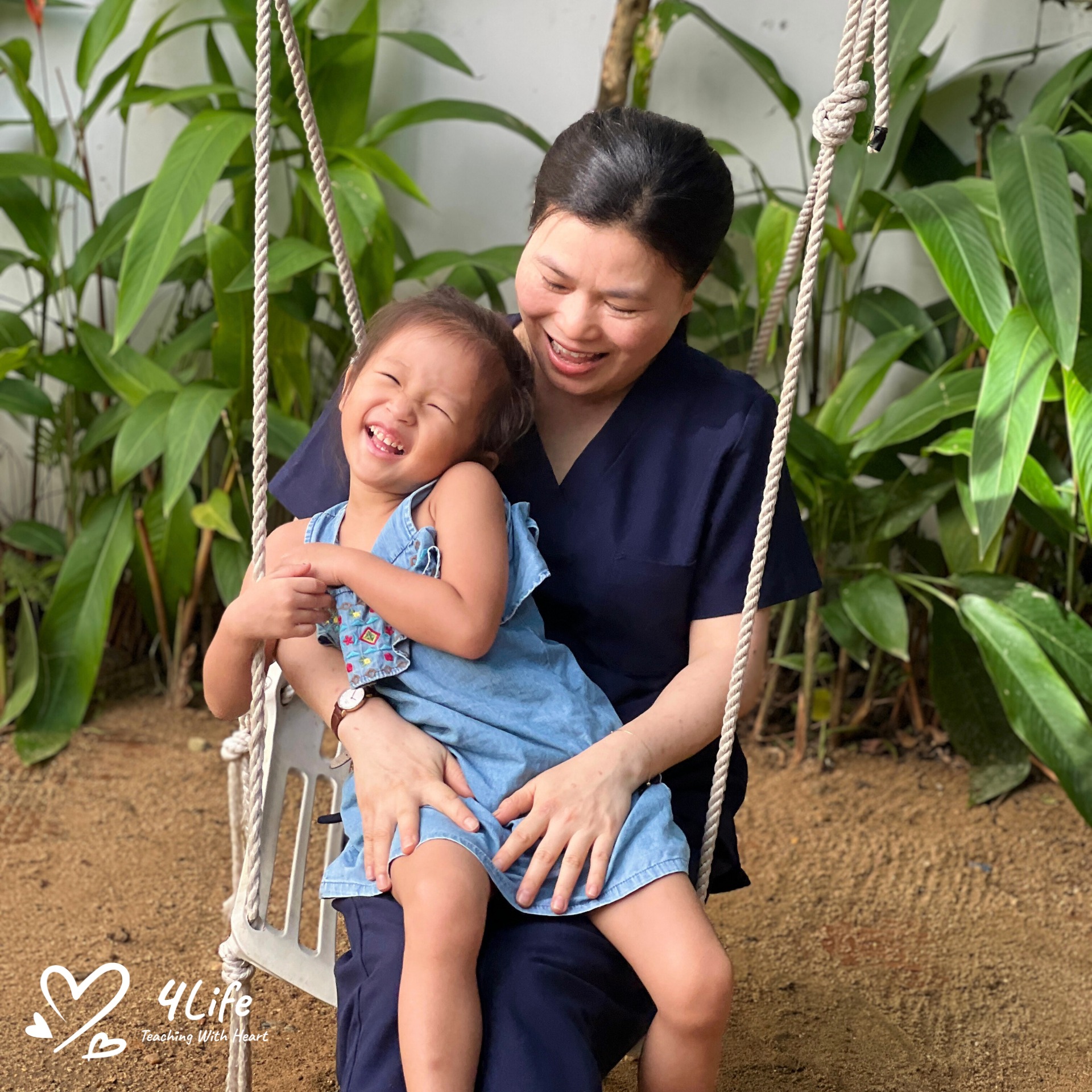
Communicating effectively with teachers
Encouraging curiosity and exploration
Children are naturally curious, and Montessori education thrives on nurturing that curiosity. Parents can support this by encouraging exploration beyond the classroom. Nature walks, cooking together, gardening, and simple science experiments are excellent opportunities for hands-on learning. Instead of giving direct answers, parents can guide children to ask questions and seek their own understanding — “What do you think will happen if we mix these colors?” This approach not only strengthens critical thinking but also reinforces the joy of discovery. By fostering curiosity at home, parents help their child see learning as an exciting, lifelong journey.
Balancing guidance and freedom
While independence is essential, children still need boundaries and guidance. Montessori education teaches that freedom should exist within clear limits. Parents can support this by setting gentle rules that help children understand expectations — such as cleaning up before starting a new activity or treating materials with care. These boundaries are not meant to restrict but to create structure and safety, allowing children to thrive in a balanced environment. When parents provide calm and consistent guidance, children learn self-discipline and respect for others.
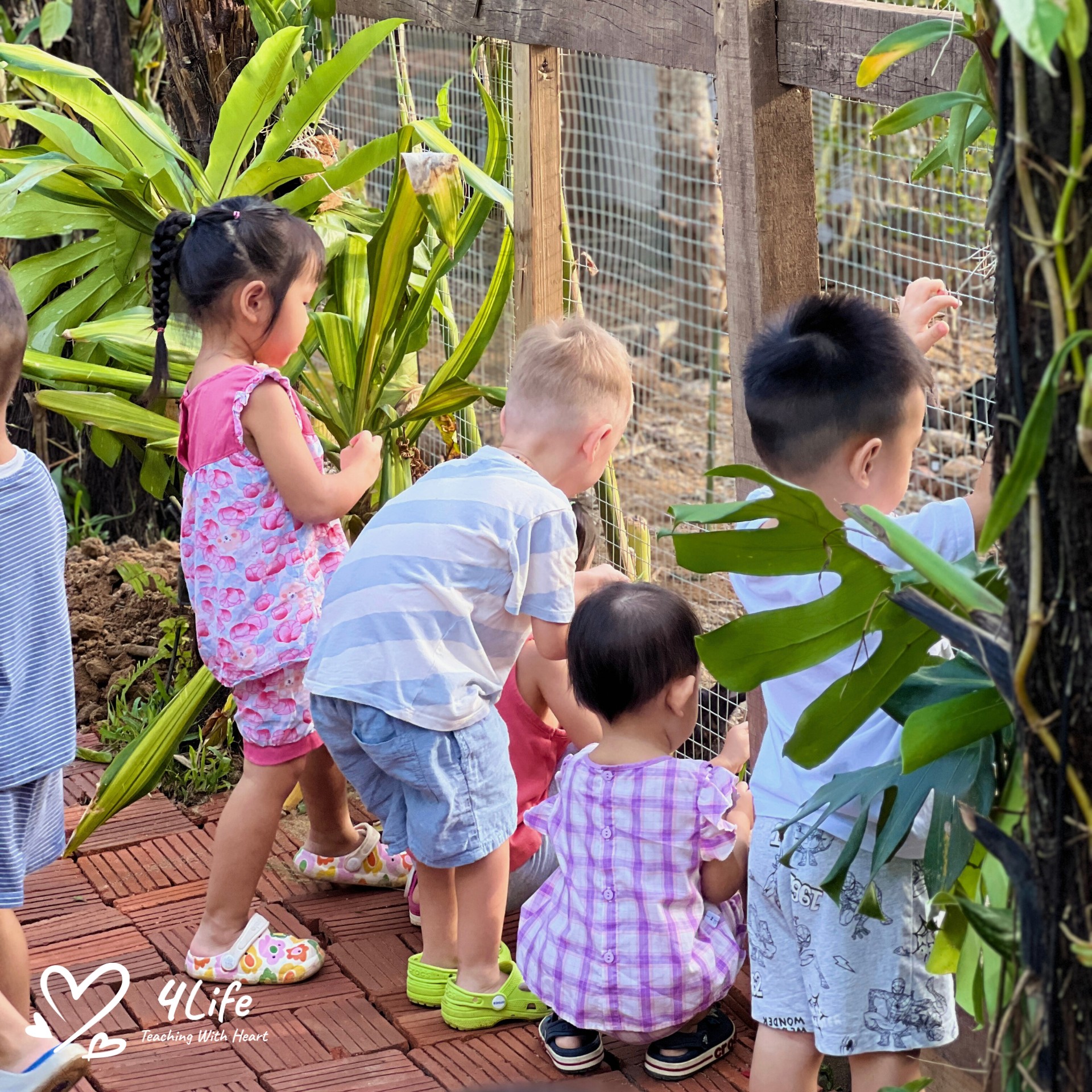
The Role of Parents in Montessori Education
The long-term impact of parental involvement
The influence of parents in Montessori education extends far beyond early childhood. Children who grow up in supportive Montessori environments tend to become independent thinkers, responsible individuals, and compassionate community members. They develop intrinsic motivation — a love of learning that comes from within rather than from external rewards. When parents actively participate in this process, they lay a strong foundation for their child’s lifelong success.
The role of parents in Montessori education is indispensable. By fostering independence, creating a supportive environment, and working closely with teachers, parents help their child grow into a confident, curious, and capable individual. Montessori learning is not limited to the classroom — it is a way of life that begins at home and continues every day. When parents embrace their role as guides and partners in learning, they empower their child to explore the world with confidence and joy.

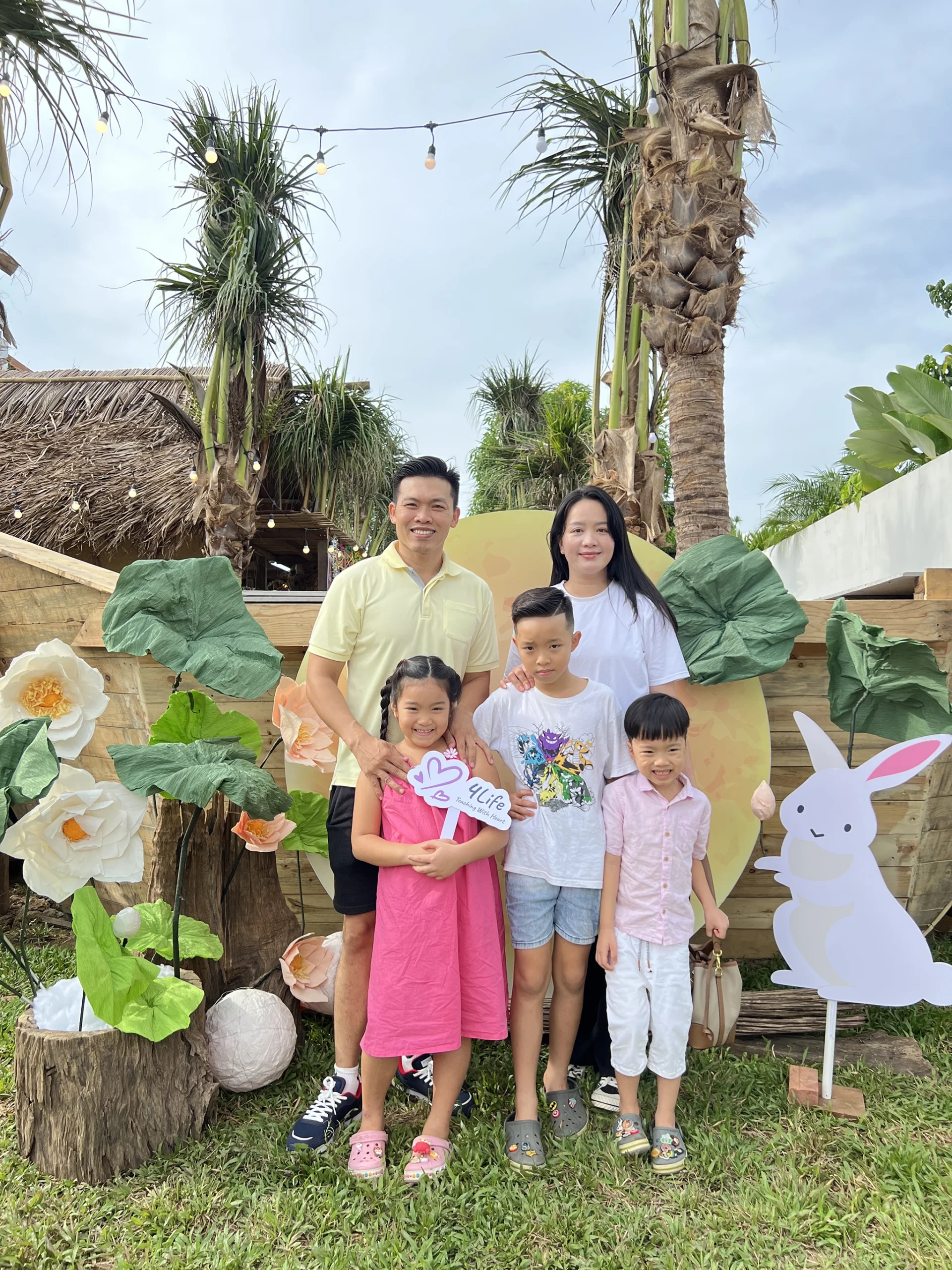
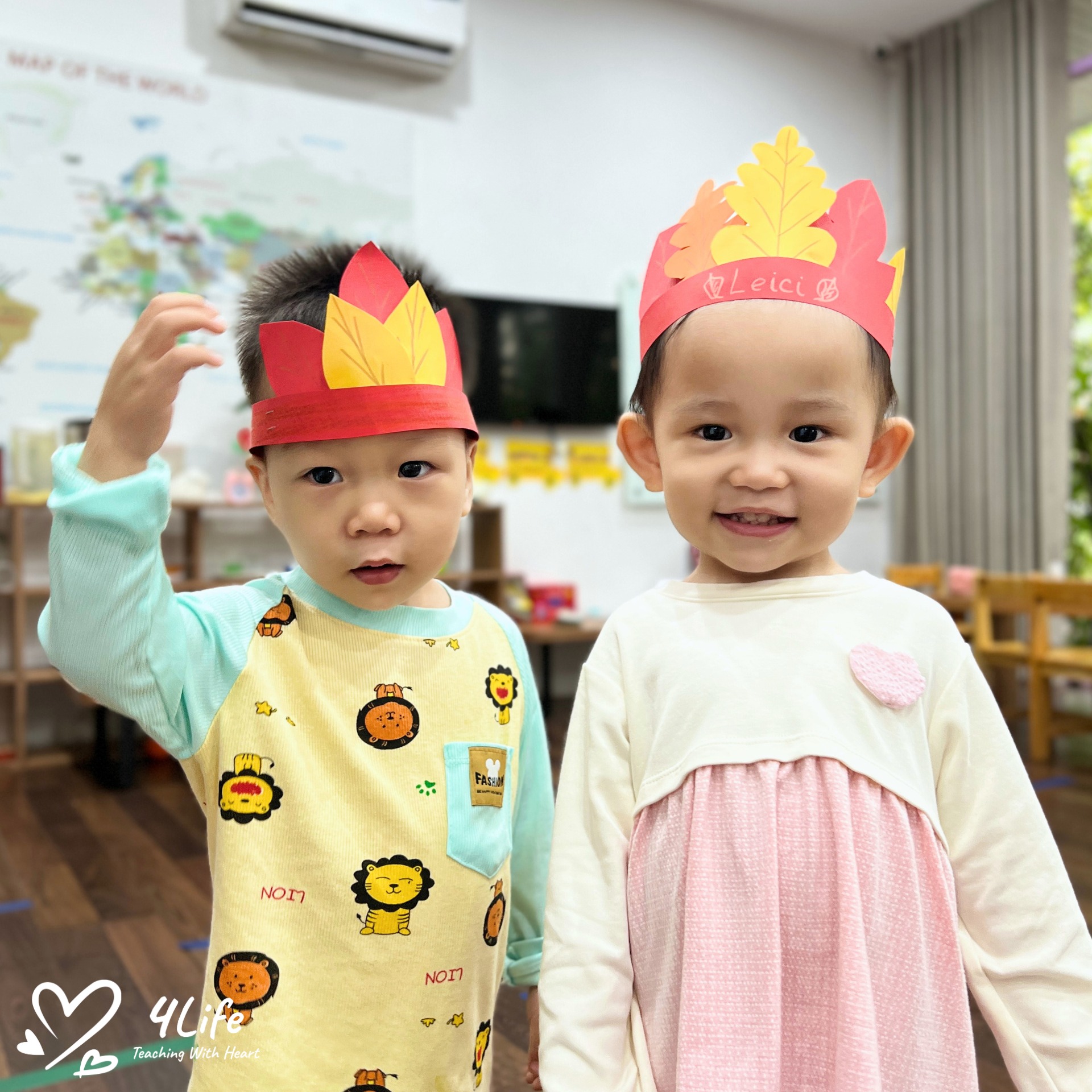
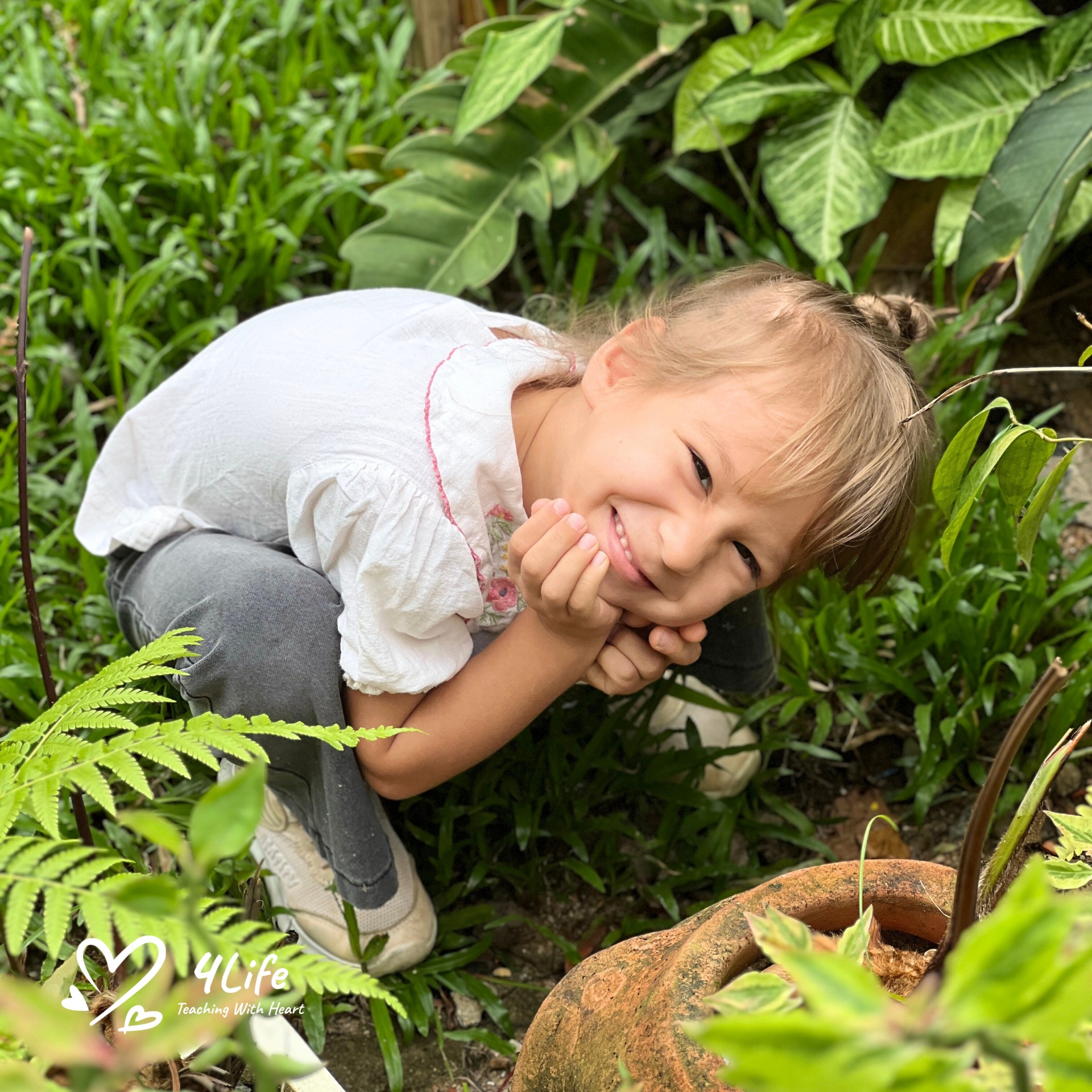
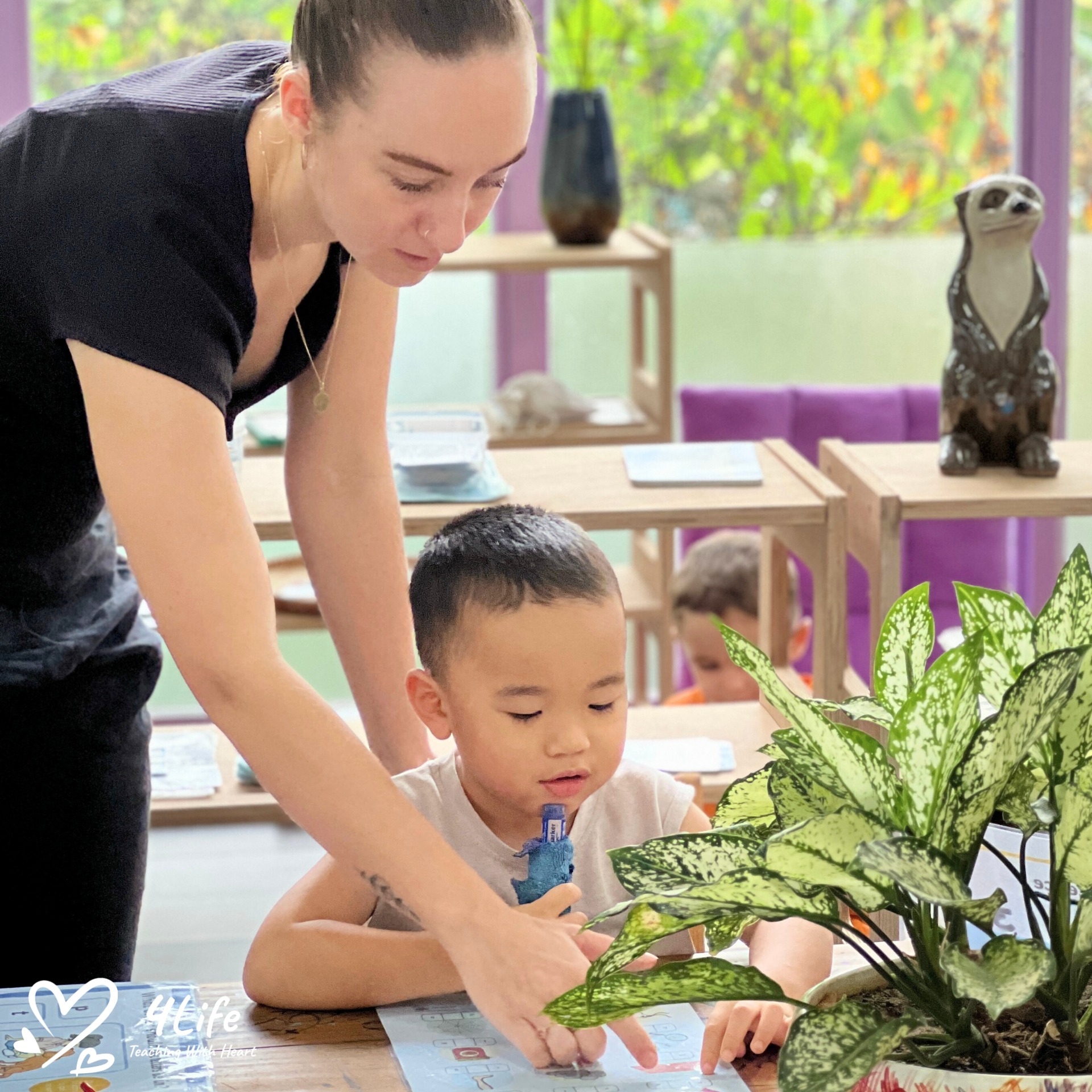
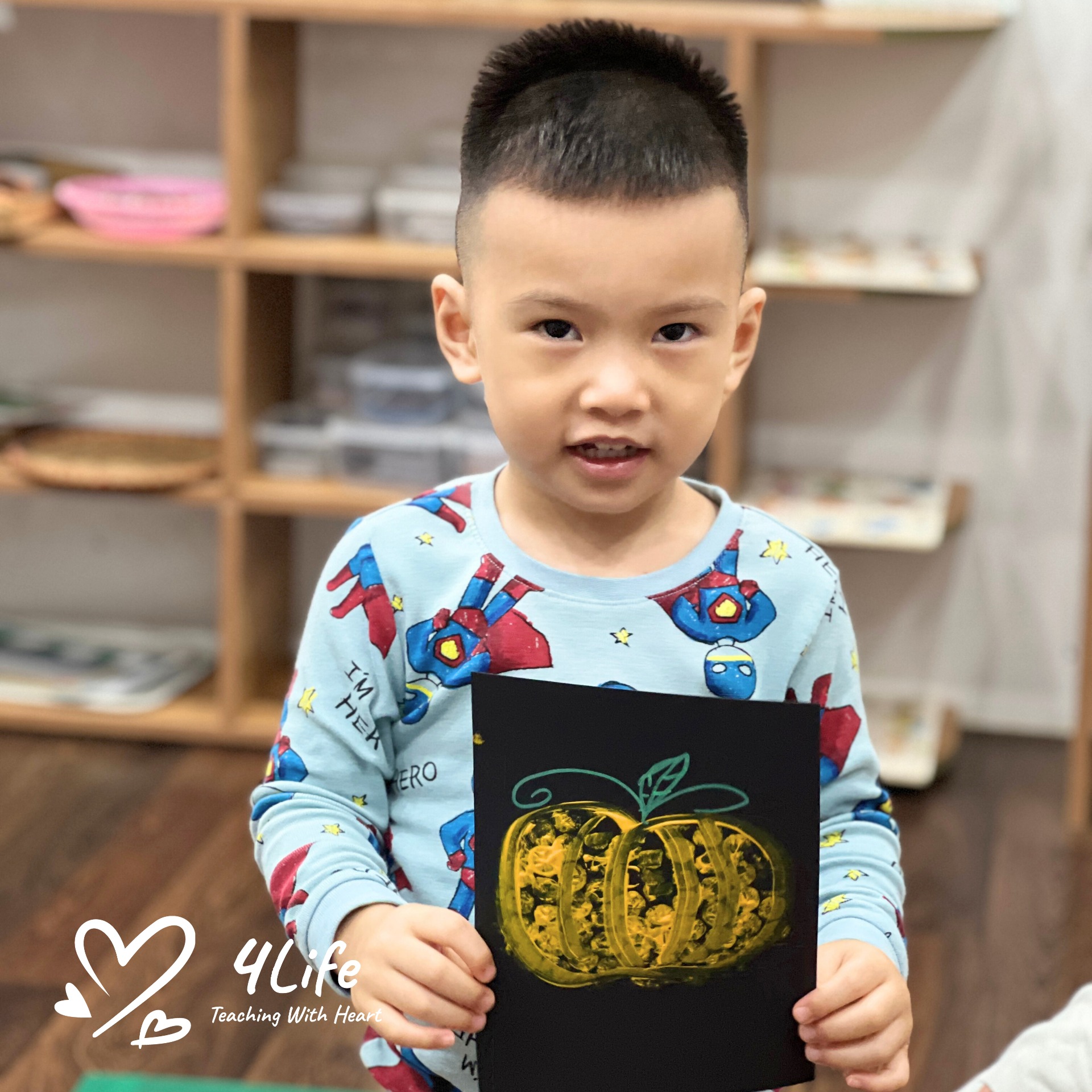
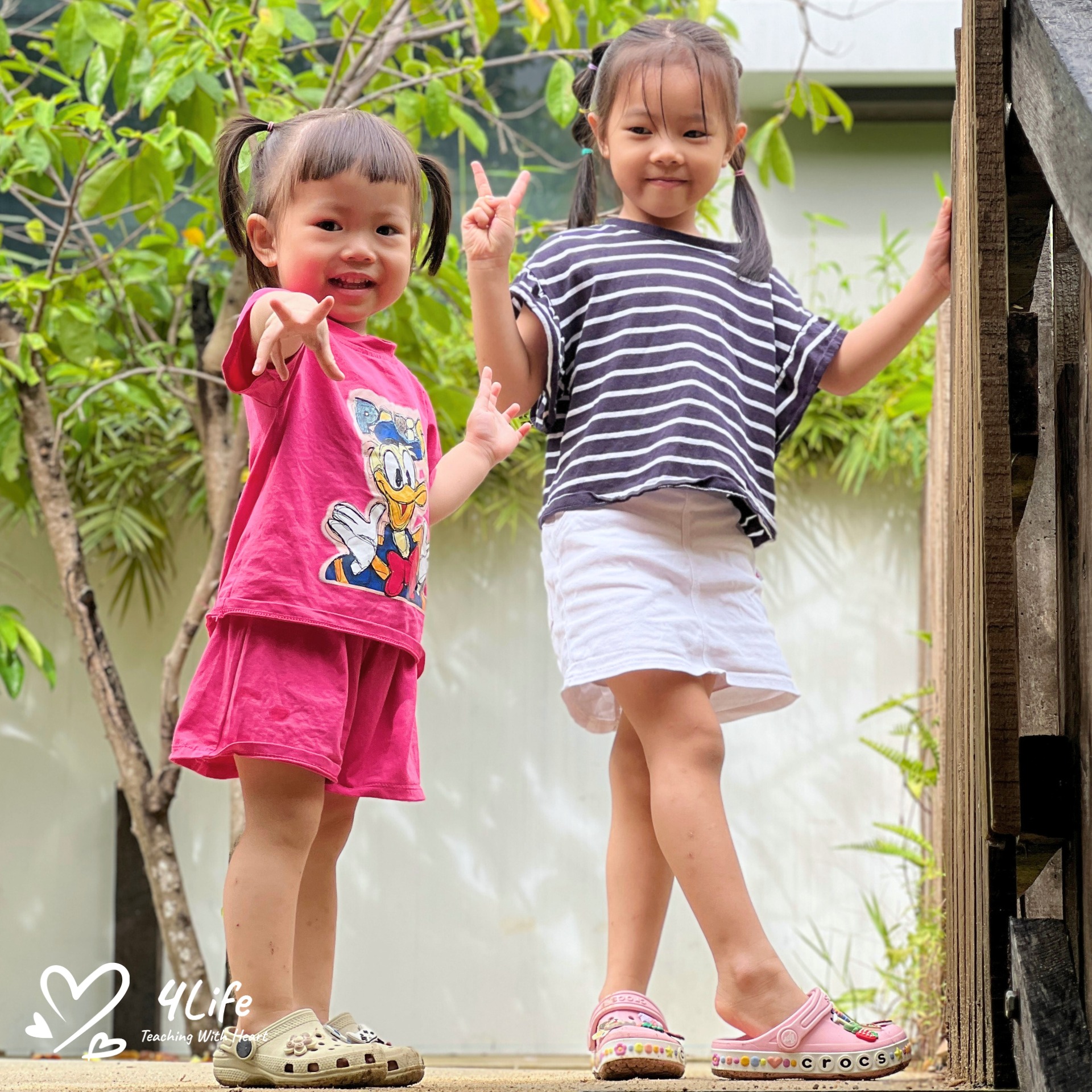
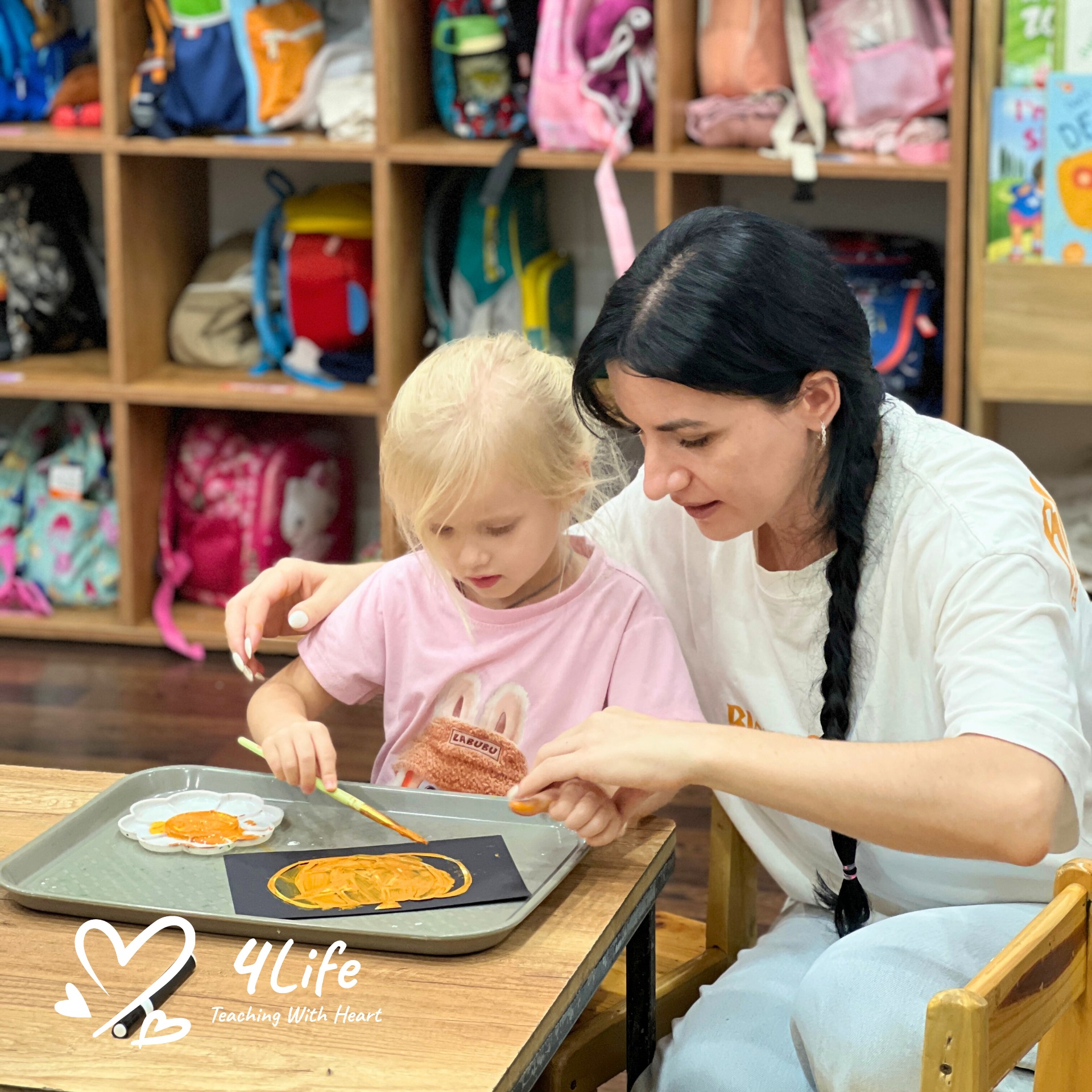
0 Comments